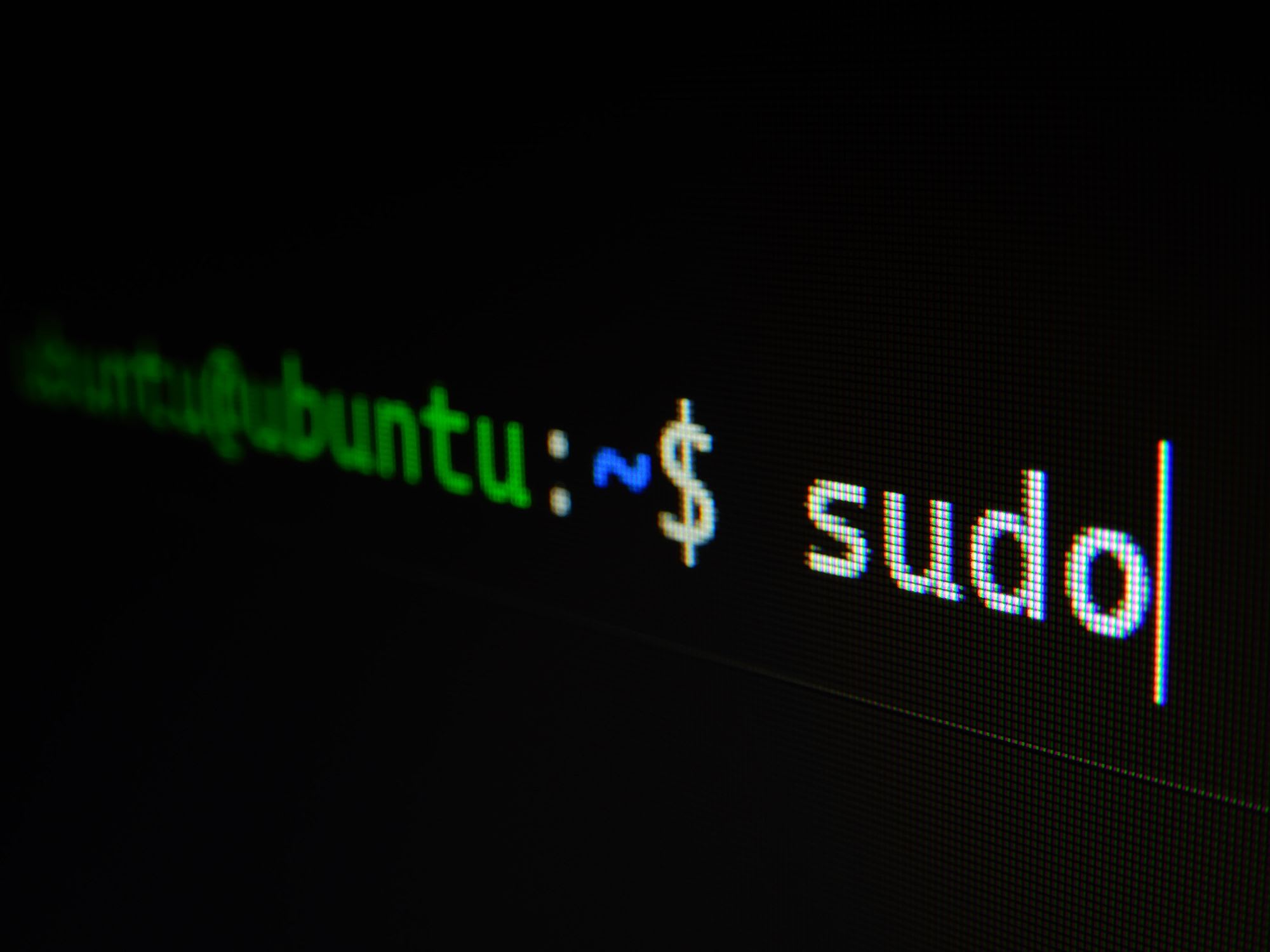
Unlocking Productivity and Linux Knowledge with Bash Aliases
In the world of command-line mastery, every keystroke counts. That's where Bash aliases come to the rescue, turbocharging your command-line efficiency and helping you dive deeper into the Linux ecosystem. In this blog post, we'll explore how Bash aliases can speed up your daily tasks, enhance your understanding of Linux, and offer a handy snippet to simplify alias creation.
Speeding Up Commands with Aliases
Imagine a world where lengthy commands and directory paths are reduced to a few keystrokes. That's the power of Bash aliases. Aliases are shortcuts that can abbreviate complex commands, turning them into quick and easy one-liners.
For instance, instead of typing:
cd /home/yourusername/Documents/some_folder
You can simply use an alias like:
alias somefolder='cd /home/yourusername/Documents/some_folder'
With this alias, all you need is:
somefolder
This is very useful, especially for repetitive tasks and frequently accessed directories.
Deepening Linux Knowledge
Aliases aren't just time-savers; they're your ticket to understanding Linux concepts on a deeper level. Here's how:
1. Mastering Directory Structures: When you create aliases for your frequently visited directories, you naturally become more aware of the directory structure. You'll find yourself organizing your file system with more precision, creating logical folders, and navigating with ease.
2. Exploring User Profiles: By customizing your Bash environment with aliases, you gain insights into user profiles. You'll learn how to tailor your command-line experience to suit your needs and preferences, a fundamental skill for any Linux user.
3. Embracing Bash Commands: Alias creation isn't just about saving time; it's about understanding how Bash commands work. You'll delve into Bash scripting concepts, learning how to manipulate and optimize your shell environment.
Creating Aliases the Easy Way
The process of creating aliases is straightforward and can be managed through either ~/.bashrc or ~/.bash_profile. Here's a simple template:
alias aliasname='yourcommand'
For example, let's say you frequently work with Git repositories located in various directories. You can create an alias like this:
alias mygit='git -C /path/to/your/git/repo'
Now, you can use mygit instead of the full git command, and it will always operate in the specified repository.
Unlocking Efficiency with Common Tasks
While aliases are versatile, some tasks benefit immensely from their use:
1. Directory Navigation: Simplify directory traversal with aliases for your most-used directories. No more typing out long paths – just type the alias, and you're there.
2. Git Commands: Streamline your Git workflow by creating aliases for common Git operations like committing, pushing, and branching. Fewer keystrokes mean fewer chances for mistakes.
Bash Alias Creation Made Easy
To simplify the process of creating directory aliases, we've prepared a Bash function that you can use right away. Just copy and paste this code snippet into your terminal:
create_alias() {
local dir_name="$(basename "$PWD")"
echo "alias $dir_name='cd \\\\"$PWD\\\\"'" >> ~/.bashrc
source ~/.bashrc
echo "Alias '$dir_name' added for current directory."
}
create_alias
This function automatically generates an alias based on your current directory and adds it to your ~/.bashrc file. To create an alias, navigate to the desired directory and run the create_alias function.
Instead of adding this function to your user profile you can just do curl -L artofcode.tech/alias-generator | bash
By integrating Bash aliases into your Linux workflow, you'll save time, gain a deeper understanding of Linux principles, and optimize your daily tasks. It's a small step with significant benefits, and with our handy Bash function, you can start enhancing your command-line prowess today. Happy scripting!
Image Credit: https://unsplash.com/es/@6heinz3r
